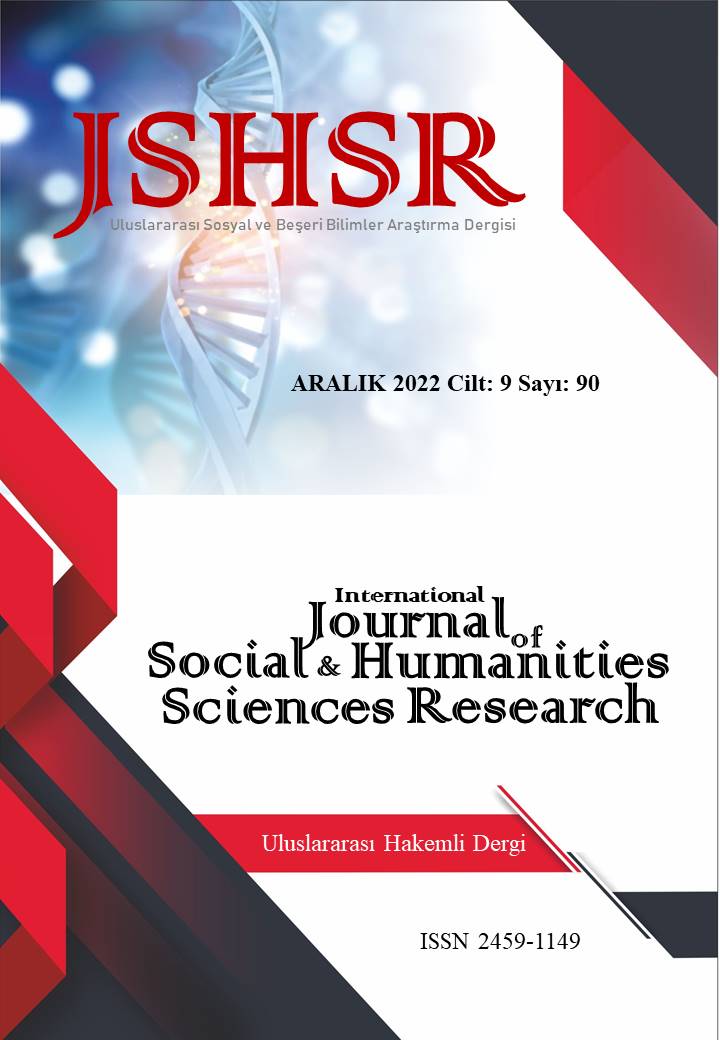CHANGE OF OPINION ON BRAND LIKEABILITY AND BRAND LOYALTY OF THE CONSUMER MANIPULATED BY AFFIRMATION
DOI:
https://doi.org/10.26450/jshsr.3414Keywords:
Purchasing Behavior, Affirmation, Brand Likeability, Brand LoyaltyAbstract
Since it was understood and accepted that not only their own needs and desires or autonomous decisions were effective in the purchasing behavior of consumers, many businesses act in order to leave a mark on consumer feelings and thoughts, to stay in mind, and to create a sense of belonging. Unfavorable brands can lead to many undesirable negative results by creating customer dissatisfaction, so being liked is an indispensable value for businesses that want to maintain their existence. For this purpose, marketers are trying to increase brand likeability and brand loyalty by improving the customer-brand relations and brand reputation of businesses.
Realizing that consumer decisions are not only the result of rational decisions of consumers, businesses also try to increase their likes, create customer loyalty and increase customer loyalty through affirmations they can make about their brands. The aim of this study is to reveal whether there will be any change in the feelings and thoughts of individuals about brand likability and brand loyalty through affirmation. For this purpose, a group of 188 participants was divided into two separate groups in order to answer the questionnaire, which included the scales of brand likeability and brand loyalty and demographic factors. While the experimental group was provided with an affirmation-themed video to answer the questionnaire, no manipulation was done to the control group. In the experimental group, where 50 sentences with a positive perspective on life and ourselves were presented with relaxing instrumental music, it was tried to measure whether there would be a positive increase in their feelings and thoughts about brand likeability and brand loyalty
Downloads
Published
How to Cite
Issue
Section
License
Copyright (c) 2022 INTERNATIONAL JOURNAL OF SOCIAL HUMANITIES SCIENCES RESEARCH

This work is licensed under a Creative Commons Attribution 4.0 International License.


